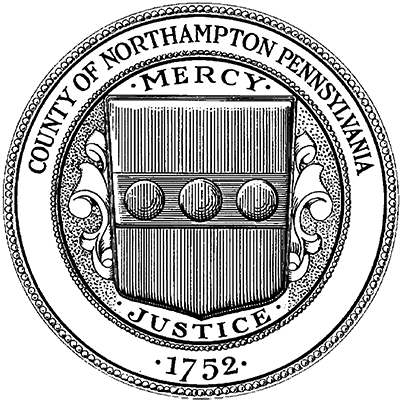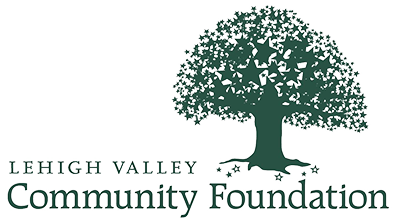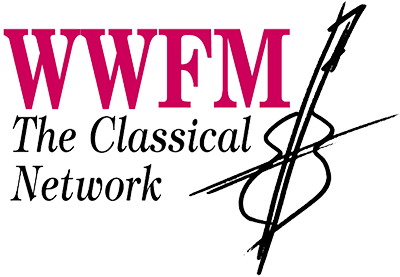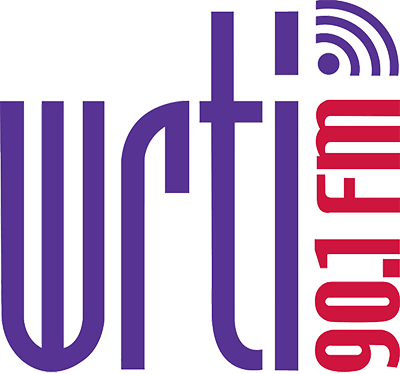About two-thirds of the way through Benjamin Britten’s setting of Christopher Smart’s poem Jubilate Agno, in his cantata, Rejoice in the Lamb, the suspicions of an attentive listener are confirmed. Smart writes, “For I am under the same accusation with my Savior– For they said, he is besides himself.” The Anglican priest who commissioned the piece, Walter Hussey, comments in his introduction:
The writer was Christopher Smart, an eighteenth century poet, deeply religious, but of a strange and unbalanced mind. “Rejoice in the Lamb” was written while Smart was in an asylum, and is chaotic in form but contains many flashes of genius.
Well said. Once the listener gives him or herself over to the wildfire that seemed to exist in Smart’s mind, the depth of Smart’s spirituality, and the indisputable wisdom and insight of his poetry have an extraordinary capacity to inspire and delight. Consider the words of a passage that Britten sets as a ravishing soprano solo:
For I will consider my Cat Jeoffry.
For he is the servant of the Living God, duly and daily serving him.
For at the first glance of the glory of God in the East he worships in his way.
For this is done by wreathing his body seven times round with elegant quickness.
For he knows that God is his Saviour.
For God has blessed him in the variety of his movements.
For there is nothing sweeter than his peace when at rest.
For I am possessed of a cat, surpassing in beauty, from whom I take occasion to bless Almighty God.
Feline aficionados will recognize the tenderness of Smart’s regard for Jeoffry, even more so in the portions of the poem that Britten chose not to excerpt, which may be found here. (Canine partisans may remain unconvinced.) It’s tempting to write that Smart’s relative madness may be quite besides the point, but one of the most affecting things about Britten’s treatment is that, though they don’t really need it, he does Smart the kind favor of elevating these words without patronizing their author – somehow conveying the innocence contained therein without infantilizing an author with whom we might otherwise wish to speak in gentle, soothing tones. As we hear about Smart’s cat, the organ accompaniment has an obbligato line that seems to mimic the play of a cat – languid, with dashes of brilliance and feisty zest.
Likewise, in a gorgeous tenor solo, we hear from Smart:
For there is a language of flowers.
For the flowers are peculiarly the poetry of Christ.
Though Smart’s words may seem slightly peculiar, themselves, there is also a keen brilliance to his take on creation. Britten responds to this text with a very lyrical aria, accompanied by a very gently undulating organ accompaniment that demonstrates Britten’s economy in compositional practice. Where many composers would occasion a piece about flowers with a lush accompaniment and thick chords, Britten elects, instead, to let the simplicity of the melody and the beauty of the words speak for themselves, with notes that seem to imply and suggest, rather than recreate, thus engaging the imagination of his listeners. For me, that’s one of the best things about a Britten composition: with great precision and spare musical brush strokes, Britten is able to conjure an entirely compelling soundscape, one that is at once innocent and wordly, simple, yet urbane.
In the opening of this piece, he sets the following words by having the entire choir sing the text on one note: middle C:
Rejoice in God, O ye Tongues;
Give the glory to the Lord,
And the Lamb,
Nations, and languages,
And every Creature
In which is the breath of Life.
Let man and beast appear before him,
And magnify his name together.
Eventually the melody moves, but the choir remains in unison, the women’s voices low in their range, and the men’s high – simplicity in compositional practice, but as the voices get louder, the vocal color changes constantly and produces an almost otherwordly sound quite unlike anything we may be accustomed to hearing.
In the passage that follows, choir and organ begin a recitation of the following text as Smart and Britten bring to life a vision of man and beast together in worship.
Let Nimrod, the mighty hunter,
Bind a leopard to the altar
And consecrate his spear to the Lord.
Let Ishmail dedicate a tyger,
And give praise for the liberty
In which the Lord has let him at large.
Let Balaam appear with an ass,
And bless the Lord his people
And his creatures for a reward eternal.
Let Daniel come forth with a lion,
And praise God with all his might
Through faith in Christ Jesus.
Let Ithamar minister with a chamois,
And bless the name of Him
That cloatheth the naked.
Let Jakim with the satyr
Bless God in the dance,
Dance, dance, dance.
Let David bless with the bear
The beginning of victory to the Lord,
To the Lord the perfection of excellence.
As the choir sings these words, the meter frequently shifts between simple and compound, creating an active and dexterous rhythm that gathers momentum as the choir evolves from unison singing to harmony as we near the end of this section. With all of these shifts, the music seems to evoke a circle dance (and one with many colorful characters from the Old Testament) as we reach the next section, which is later repeated with a slightly altered text at the end of the cantata. Suddenly everything grinds to a halt, and Britten sets the hallelujahs that follow quietly, almost wistfully, ending on a note of hope and peace:
Hallelujah, hallelujah,
Hallelujah from the heart of God,
And from the hand of the artist inimitable,
And from the echo of the heavenly harp
In sweetness magnifical and mighty.
Hallelujah, hallelujah, hallelujah
For some reason, this music brings to mind the description that Betsy Wyeth used for her husband, the artist Andrew Wyeth: “Wondrous strange.” Britten doesn’t shy from Smart’s eccentricity, but, rather, serves it up for the listener, so that we might experience the crackling brilliance of his imagination. Strange, to be sure, but much like Wyeth’s paintings, there is so much wonder in which to share and so large a measure of beauty to ponder in this striking fusion of music and poetry.
Ambitious readers may want to take on the whole poem, which can be found here.











































One thought on “Songs of Hope: Rejoice in the Lamb”